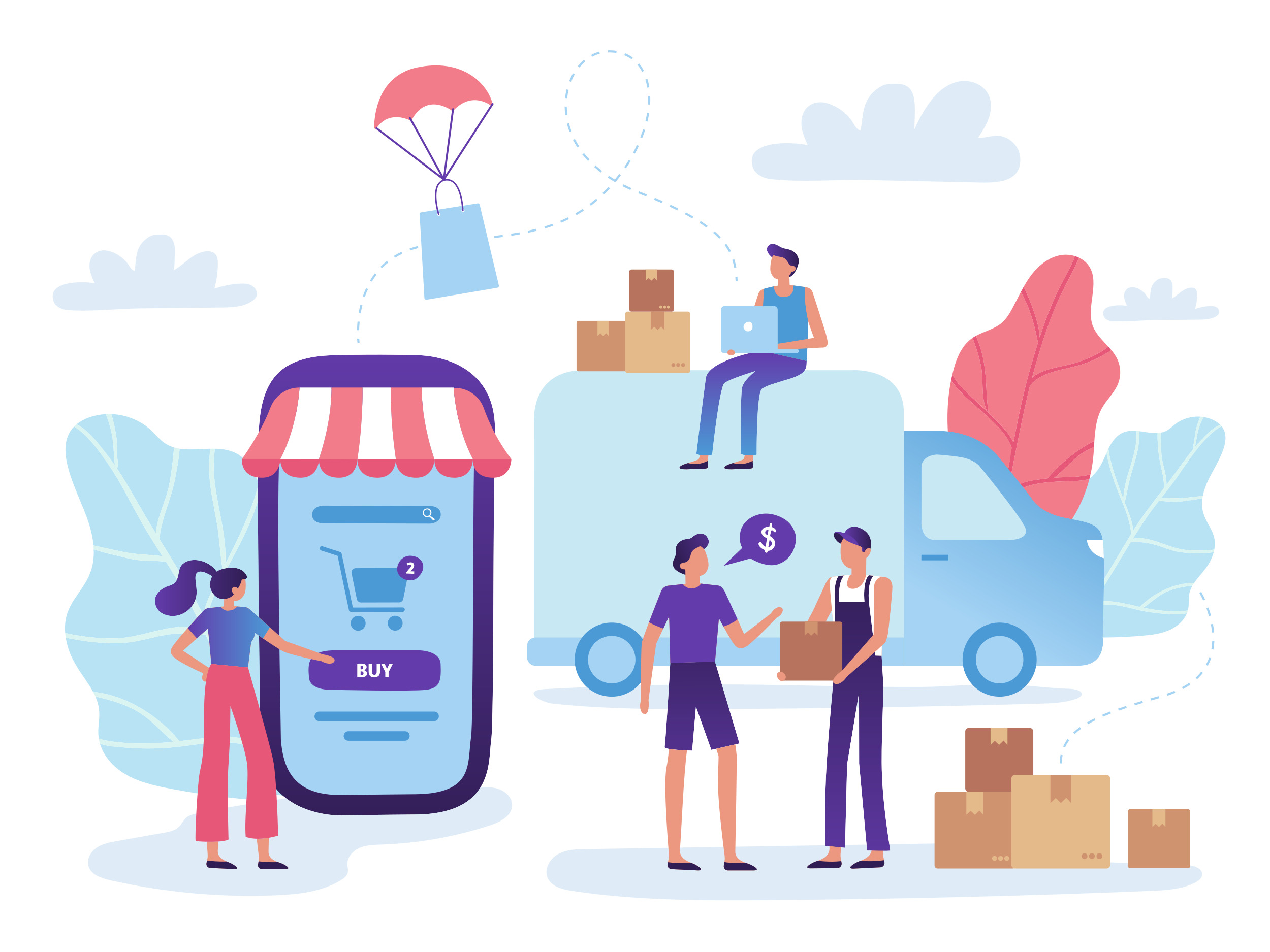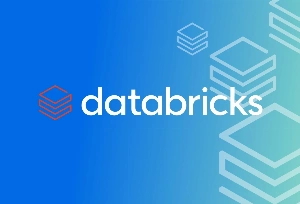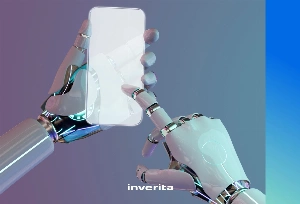As technology keeps advancing by the day, its application in the retail industry changes correspondingly. Today’s user is nothing like his past counterpart. Nowadays, customers have way more access to information and look for the best shopping experience. Therefore, businesses need to embrace the latest retail innovation technology because it will ensure that companies stay competitive and continue to provide their customers with first-class services.
In this post, we will dwell on ten retail technology trends that are expected to revolutionize the retail industry.
Self-Checkout Stores
Towards the end of 2016, e-commerce giant Amazon launched the Go Store. It was a step from the conventional store since it had no counters for checking out, no customer queues, and instances of theft. As a customer, you just have to get yourself into the facility, pick what you want, and leave. For the bill, you will be required to provide the barcode on your phone to a sensor, and the right amount will be deducted from your account.
When it comes to security, Go Store leverages recent tech that enables the detection of items that are not on shelves. It means things like your accessories, bag, or even clothing can be spotted. As a parting shot on this one, Amazon plans to open 3,000 stores by 2021.
Drones Inside Stores
On this one, we will give a Walmart example. Recently, the company filed a patent for drones that can be used for locating and delivering the products to shoppers within the premises. It is a more plausible idea compared to Amazon’s door deliveries since US law prohibits the flying of drones beyond sight or in crowded places.
That said, Walmart drones will find items located in the storage section (where only employees have access) and bring the products to a retail section. Then, the customer will get their goods.
In an article, Shep Hyken, Chief Amazement Officer at Shepard Presentations, notes that “drones are the next generation of retail robots and automation interacting with customers to improve their in-store experience.”
AI-Driven Assistants
Retailers are considering the use of AI-powered shop assistants for managing inventories, processing orders, personalizing customer service, and even replacing some staff. While this is a worthy cause for alarm among those employed in the economic sector, it means good things for shoppers. Why? These tech-based assistants will be less hassle in the stores since they are more effective and do not get tired.
Search History-Based Recommendations
By leveraging technologies such as facial recognition, stores might begin providing you with suggestions when you come close to some products you were checking out online. Bear in mind that these recommendations will be made when you visit a physical store. Though this solution may prevent customers from forgetting about purchasing necessary items, it can also make you susceptible to impulse buying.
Using Holograms to Represent Items
It is, perhaps, one of the most interesting retail technology trends. Retailers can either provide static holograms of products on shelves or interactive ones that you can move and modify to see the variations of an item. Ralph Lauren is one of several brands already using holograms.
AR Bringing Convenient in Shopping
Augmented Reality implementation in retail has been going on for a while and set to continue growing. Statista predicts that the AR market will grow to $198 billion by 2025, a leap from the roughly $3.5 billion recorded in 2017. IKEA is among the pioneers in using this technology. However, more recently, brands like ASOS, Gucci, Toyota, BIC Kids, Cadbury, and Amazon have joined the bandwagon.
Augmented Reality has several applications in retail. For example, home furniture stores like IKEA use it to help customers superimpose interactive 3D products in their homes before purchasing. Another way that retailers are experimenting with AR is virtual showrooms. For example, John Lewis, through Cimagine, enables customers to check out products in a virtual in-store showroom.
VR-Powered Fitting Rooms
Virtual Reality has grown increasingly popular in recent years. Approximately 42.9 million US residents were forecasted to use Virtual Reality once a month. And according to Medium’s AR VR journey, 66% of consumers demand VR shopping. One of the popular uses of VR in shopping is in product fitting. Now, with this innovation in fashion retail, customers can test out different clothing items virtually before making a buying decision.
Some brands, like Adidas, are developing VR apps that will allow customers to specify weather conditions when testing their products. Store owners, on the other hand, are using VR to visualize and redesign their stores with different layouts before building the actual thing.
Product Customization
Popular brands worldwide are striving to offer clients unique experiences and products. With the help of new technologies, both physical and online stores provide customers with ways of customizing their purchases, starting from personalized colors to embroidery. For instance, Levi allows buyers to customize embroidery on their denim jackets and jeans. Another company, known as ELSE Corp., enables customers not just to customize clothes but try them on with the use of AI and VR technologies.
Biometric Innovations
Biometric tech is set to significantly impact shopping experiences in the future by enhancing payment security. Leading payment platform, MasterCard has developed a biometric card that combines chip and fingerprint technologies to help users to verify their identity when making purchases.
Visual and Voice Search
More and more mobile apps are operating with voice and visual search. Through visual search, a customer can look at an image of a product to find stores nearby that may have it. Amazon Echo, Google Homes, and other voice search devices also proved to be useful in retail.
Final Words
While some of these technologies are yet to be implemented on a large scale, their future potential is massive. They are set to transform the retail industry by improving customer experience, security, and convenience. If you want to keep up with these technologies and grow your business, contact inVerita to create an innovative solution for your retail store.






